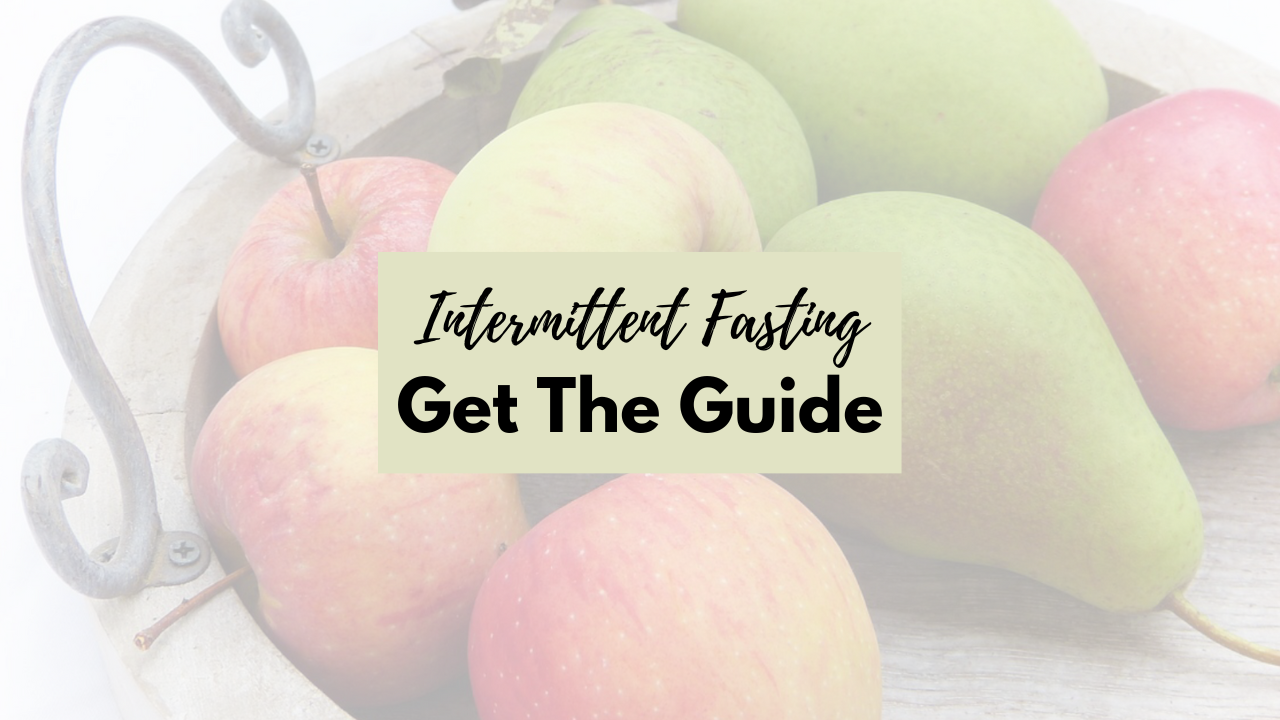The Truth About Plant Toxins: Why Your “Healthy” Smoothie Might Be Harming You
We’ve been told for decades that plants are the ultimate health food — spinach, almonds, flaxseeds, apples, kale. The more, the better. But here’s the uncomfortable truth: plants don’t want to be eaten.
Like every other living thing, plants evolved defenses. Since they can’t run or hide, their defenses are chemical: toxins, anti-nutrients, and poisons designed to discourage predators — including humans.
A Million Hidden Toxins in Plants
Scientists estimate there are over one million plant defense chemicals. They aren’t rare — they’re everywhere: in vegetables, seeds, nuts, and the “superfood powders” we sprinkle into smoothies.
Some are mild irritants. Others can kill. Most are invisible in our diet because they’re never labeled, tracked, or measured.
Real-World Examples
-
Cassava: Must be soaked, fermented, dried, and cooked to reduce cyanide. Even then, improperly prepared cassava has caused fatal poisonings.
-
Almonds: Sweet almonds contain cyanogenic glycosides. Eat 40–50 daily and they can cause harm. Bitter almonds? Lethal in much smaller doses.
-
Oxalates: Found in spinach, beet greens, Swiss chard, nuts, and seeds. They bind minerals like calcium and magnesium, and can form sharp crystals in tissues and kidneys — leading to kidney stones, joint pain, fatigue, and systemic poisoning.
And yet these same foods are marketed as superfoods. Case in point: Actor Liam Hemsworth was hospitalized with kidney stones after just three weeks of daily spinach smoothies.
“The Dose Makes the Poison”… But What’s the Dose?
Yes, the dose matters. But if you’re going to say “the dose makes the poison,” then you need to name the dose.
We know thresholds for cyanide. But what about oxalates, phytates, tannins, lectins, or saponins? Science doesn’t have a clear answer.
👉 Just half a cup of cooked spinach (100 g) can deliver enough oxalates to cause harm.
👉 Flaxseed, often added to smoothies, contains cyanide-producing compounds too.
Most people assume “more plants = more health.” The reality is, the safe dose is often very small.
The Hormesis Myth
Some argue that plant toxins are beneficial through hormesis — the idea that a little stress makes the body stronger. Exercise, fasting, and cold exposure are true hormetic stressors.
But is cyanide hormetic? No.
Is oxalate hormetic? No.
What about lectins, phytates, tannins? At what dose? Nobody knows.
And here’s the bigger problem: plants don’t contain just one toxin. They contain thousands. Even if one compound had a “beneficial” low dose, it would be mixed with dozens of others with unknown or harmful effects. That’s not hormesis — that’s a chemical minefield.
The Bottom Line
Plants are not passive, harmless foods. They are living organisms with sophisticated chemical defenses. Humans have learned to process them — cooking, soaking, fermenting — but that doesn’t eliminate the risks. It just reduces them enough to survive.
But surviving isn’t thriving. If you struggle with fatigue, kidney stones, mineral deficiencies, joint pain, or digestive issues, plant toxins may be part of the puzzle.
It’s time to stop blindly labeling spinach smoothies and almond “superfoods” as the ultimate path to health. Plants defend themselves — and sometimes, your health pays the price.
Experts to Follow
If you’d like to learn more, check out these voices who are speaking up about the hidden dangers of plant toxins:
-
Dr. Anthony Chaffee – Carnivore doctor and educator @anthonychaffeemd
-
Dr. Ken Berry – Myth-busting family physician @KenDBerryMD
-
Dr. Shawn Baker – Carnivore diet pioneer@ShawnBakerMD
-
Sally K. Norton – Author of Toxic Superfoods, expert on oxalates @sknorton
Want to have a conversation about your health? Take my free assessment and let's book a complimentary call to go over it!
Interested in learning more about my coaching programs and how I might be helpful to you? Let's get on a call and get your questions answered! Book that here!
Want a coach and some accountability? Join me in Intermittent Fasting - the Myths, the Magic and the METHODS
Want the Guide? Click Below!



